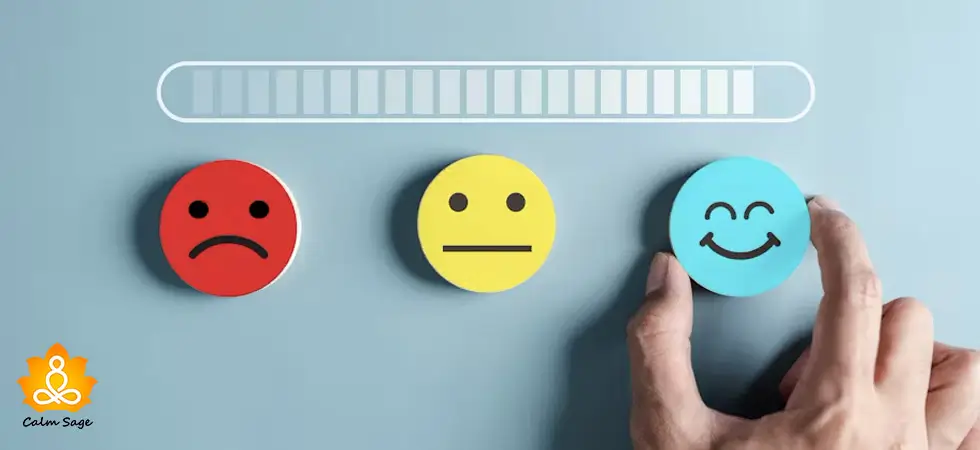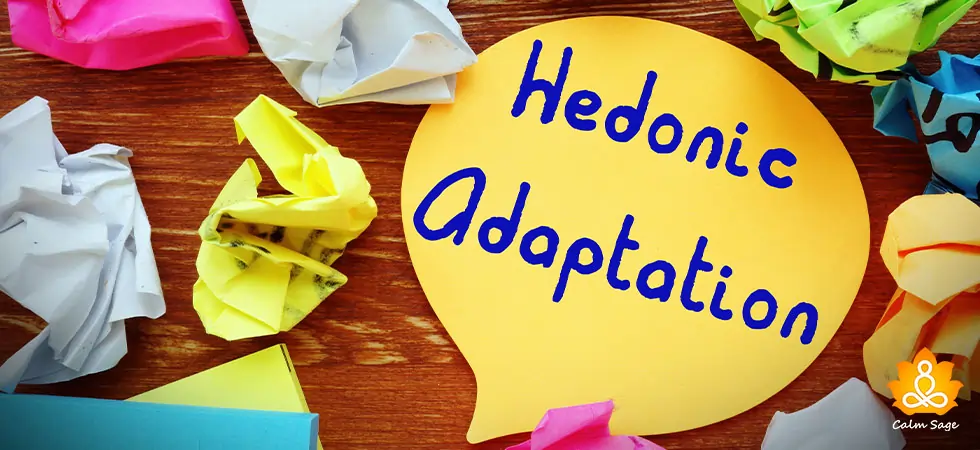What is Self-Schema And How Does Self-Schema Impact Our Behavior

Gather, all curious minds, I have an interesting question for you; Have you ever wondered why you react the way you do in certain situations and experiences? Why are you confident when talking to a friend, but unsure when talking to your colleagues? This is all because of self-schemas. The little mental memories influence how you see yourself and go around the world.
Schema is kind of like mental blueprints we have that help us describe ourselves and how we expect ourselves to act, feel, and think in certain situations. In psychology, these are referred to as self-schemas. The beliefs we have about ourselves affect how we act, feel, and think.
In this blog, we’re exploring the curious world of self-schemas, how they are created, and how they impact our behavior. So, keep reading to find out more about self-schema and how you can determine your own self-schemas.
What is Self-Schema in Psychology?
A self-schema is like your mental handbook; a set of beliefs, ideas, and memories that you have about yourself. Imagine looking at the world with a pair of glasses, but instead of the world, you see yourself, how you shape your personality, and how you perceive your experiences in the real world.
Let me explain this better with some examples;
You see yourself as a confident person — that’s your self-schema. Maybe you’re always there for your friend in need, always ready with a helping hand or a joke to lighten the mood — that’s your self-schema. “I’m confident” or “I’m kind and funny”; these are your self-schemas.
These little mental blueprints you have, influence how you interpret situations, relationships, and even challenges that you face in life.
Other examples of self-schemas in different aspects of your psyche can include;
- Behavioral Self-Schema: “I’m quiet” “I’m confident” “I’m conflict avoidant”
- Personality Self-Schema: “I’m shy” “I’m kind” “I’m a people person”
- Physical Self-Schema: “I’m overweight” “I’m tall” “I’m short”
- Interest Self-Schema: “I like art” “I love dancing” “I enjoy listening to music”
How Does Self-Schema Work?
Self-schema can act as filters for your thoughts, as they guide what information you pay attention to and how you remember certain events. If your self-schema is about being adventurous, then you may remember thrill-seeking experiences clearly, while others with different self-schema might remember a book club meeting.
We all have different self-schemas and each can be influenced by how we’ve lived in the past, what our relationships have been like, what our upbringing was like, and where we’ve grown up.
All our self-schemas combine to form our self-concept. Many people get confused between self-schema and self-concept, believing that both are the same. However, these two are different. Self-concept is complicated and refers to the image we have of ourselves, whereas self-schemas are subsets of self-concept.
How Are Self-Schemas Created?
So, where do these self-schemas come from? In truth, our self-schemas are like a patchwork of experiences. These self-schemas come together from memories, feedback from our loved ones, and even cultural as well as societal influences.
The formation of self-schema begins in our early childhood, based on how our parents and caregivers react and act around us. The more invested they are, the more positive our self-schemas will be.
Some are formed by the relationships we develop with our friends, partners, and strangers. As we live and grow up, we meet new people and become part of new social circles. The kind of response you get from these relationships can also contribute to your self-schemas.
Even the experiences you’ve had in your life can play a role in the development of self-schemas. How you act, how you feel, and how you think about yourself in situations can come from the feedback you receive from your loved ones, friends, family, coworkers, and other people.
How Does Self-Schema Influence Behavior?
Here’s where this gets interesting. Self-schemas are not just in your head, they can impact your behaviors too. If your self-schema is about being independent, then you might prefer to work alone on projects, live alone, and even do your own thing. On the other hand, if you see yourself as a group person or a people person, then you might find group activities are more your style!
How to Figure Out Your Self-Schemas?
Now that you know what self-schemas are and how they influence your behavior, let’s take a look at how you can figure out your self-schemas. One of the best ways to figure out your self-schemas can be to answer, “Who Am I?” You can write a list of things that you associate with yourself without thinking about what you’re writing. This will help you!
Other things you can do to figure out your self-schemas can include;
- Focus on changing your negative self-beliefs to more positive ones
- Focus on changing your internal thoughts or self-talk to something positive
- Practice positive affirmations to find who you are
- Write down your thoughts and feelings so you can find patterns and work to find your self-beliefs
- Seek help from a professional counselor to find the answer to the question. “Who Am I?” and how you can develop a positive self-image
Wrapping Up
There it is! Self-schema; the little mental blueprints that help you shape how you see yourself, feel, and act. These self-schemas are like directors of your movie where they guide you through your life to find how you feel about yourself and how your beliefs contribute to your thinking and behaviors.
So, the next time you catch yourself reacting in certain ways, ask yourself, “Is it self-schema?” With positive self-talk, reflecting on your thoughts, and changing your negative self-beliefs can help you figure out your self-schemas.
I hope this blog helped you understand what self-schemas are, how they are formed, and how they influence our behavior. Let me know what you think about self-schemas in the comments below.
Take Care!
Next Read:
How Does Agreeableness as a Personality Trait Influence Behavior
Do You Have Turbulent Personality Traits? Find Out Here!
The Unconventional Zeta Male: 10 Characteristics of Zeta Male Personality to Know




















